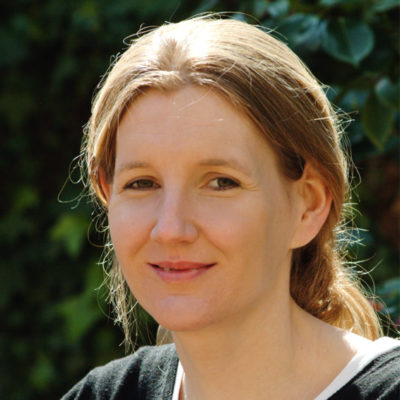A Multi-Speed Europe
Summary
Professor Barbara van Schewick weighs in on net neutrality regulations being proposed in the European Union for The Economist.
INTERNET providers will be barred from charging online businesses for “fast lanes”—that is, giving priority to their traffic—except for certain specialised services, such as videoconferencing or telesurgery. They also must not block or slow traffic other than reasonably to manage their networks, such as to avoid congestion.
This is the essence of a law the European Parliament passed on October 27th, after months of argy-bargy with the EU’s executive, the European Commission, and national governments. For those unfamiliar with the debate over “network neutrality”, the principle of treating all internet traffic equally, the rules may seem much the same as those approved by America’s Federal Communications Commission (FCC) in February. But although the wording is similar, the details vary enough that they may produce a very different outcome—one that could further weaken Europe’s smallish online industry.
…
Unsurprisingly, then, Europe’s new rules have bigger loopholes than America’s, even if the law just passed is much stricter than the commission’s first proposals. America’s rules also allow “reasonable” network management, for instance, but ban operators from discriminating against certain types of service, such as video or file-sharing—which the EU’s law allows. Similarly, American internet providers can offer specialised services, but the FCC can intervene if it thinks they are using this exception to undermine the spirit of net neutrality. In Europe the exception is so broad that internet providers could bring in paid-for fast lanes simply by labelling them as specialised services, reckons Barbara van Schewick of the Centre for Internet and Society at Stanford University.
Read More
